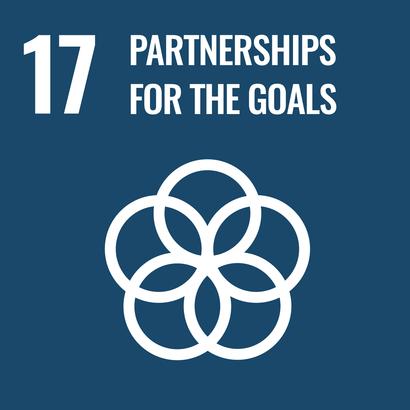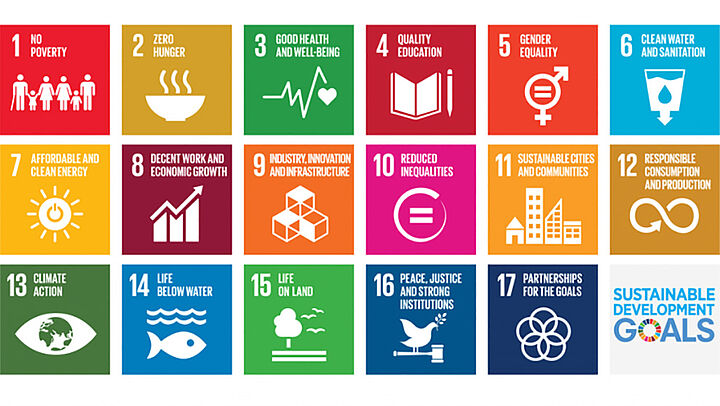The 17 Sustainable Development Goals (SDGs) of the UN
In 2015, the United Nations agreed on 17 goals for sustainable development, also known as "the SDGs", i.e. Sustainable Development Goals. They were ratified on January 1, 2016 and their implementation is to be achieved by 2030.
Each of the 17 goals has several sub-goals, 169 in total. They cover environmental, social and economic aspects.
There are indicators for each goal and sub-goal that evaluate the implementation success of the goals at national levels and in international comparison.
In Germany, the Federal Ministry for Economic Cooperation and Development (BMZ) is responsible for communication on the 17 Sustainable Development Goals.
SDG 1 No PovertyOpen areaClose area
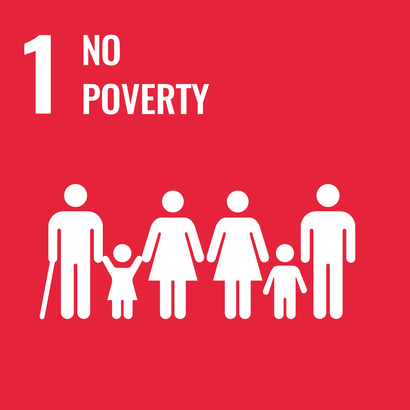
Achieving SDG 1 is intended to reduce human poverty. A family-conscious design of study and working conditions reduces the likelihood of falling into or remaining in poverty. With its family service for students and employees, TH Wildau supports the compatibility of study/work and family and has been awarded as a family-friendly university.
SDG 2 Zero HungerOpen areaClose area
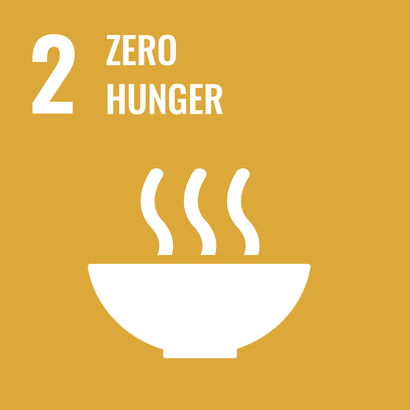
One goal of SDG 2 is the sustainable production of food to enable all people to have a healthy and balanced diet. At the TH Wildau research in the fields of bioystems technology and bioinformatics contributes to making the production of healthier food products more energy-efficient.
SDG 3 Good health an well-beingOpen areaClose area
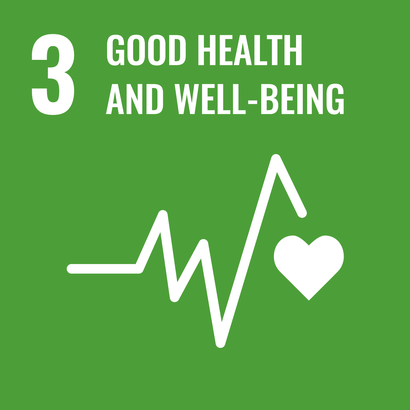
SDG 3 has, among other things, the goal of reducing health risks. In its project Hochschule in Hochform (university in top form), the TH Wildau implements both student and company health management in cooperation with the Techniker Krankenkasse. These include offers for prevention, stress reduction, nutrition as well as addiction counseling.
In addition to our university sports program, we offer our students and employees moving breaks in everyday life to promote movement in the university's daily routine, which is often characterized by sitting.
SDG 4 Quality EducationOpen areaClose area
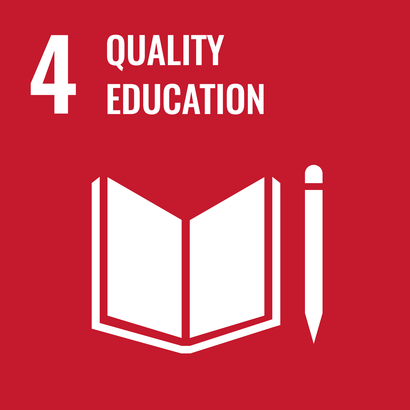
SDG 4 aims to achieve, among other things, equal access to quality education that provides skills to promote sustainable development. As a university, we are responsibility to create sustainable education. For this reason, we are committed to education for sustainable development and are a member of the Sustainability Working Group at Brandenburg universities.
With our offers in the children's university and the senior seminars, we support lifelong learning.
To strengthen the exchange between students, companies and the local population, we have literally created space for new collaborations. Our presence centers in Finsterwalde, Fürstenwalde and Luckenwalde enable collaborations beyond the boundaries of the university and facilitate the transfer of knowledge.
SDG 5 Gender QualityOpen areaClose area
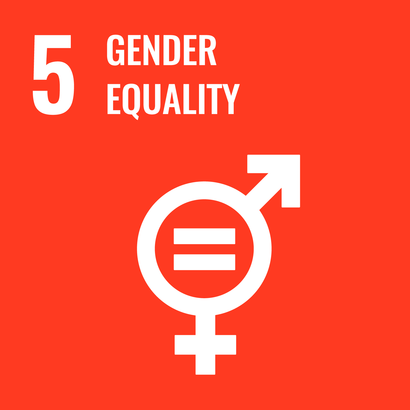
SDG 5 aims to achieve equality for girls and women worldwide so that they can participate equally in political, economic and public life. Gender equality is implemented in all areas at TH Wildau. We are supported in this by our Equal Opportunities Council and our Equal Opportunities Commissioner.
SDG 6 Clean water and sanitationOpen areaClose area
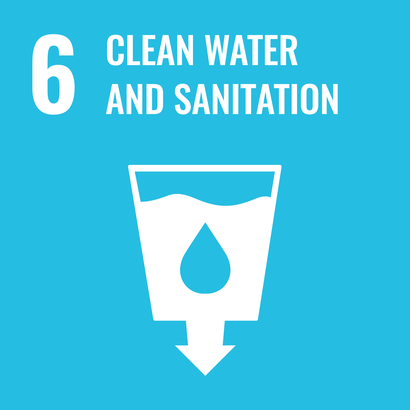
One goal of SDG 6 is to improve water quality worldwide to enable safe reuse.
SDG 7 Affordable and clean energyOpen areaClose area
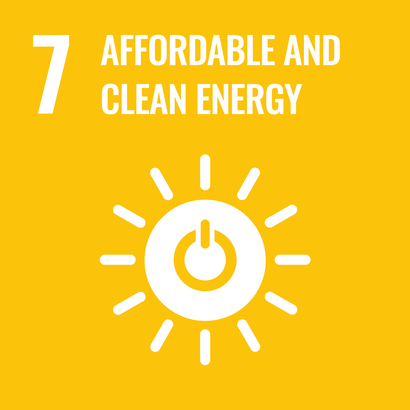
One sub-goal of SDG 7 is to increase the share of renewable energy in the global energy mix. TH Wildau has installed photovoltaic systems on some of its buildings in order to be able to use solar energy for the electricity it needs. The additional electricity we use is green electricity.
In house 16, we use a geothermal system to generate heat. In our bachelor's program Physical Technologies/Energy Systems and the advanced master's program Automated Energy Systems, students gain knowledge about different energy systems, which enables them to work as development engineers or energy consultants in their later professional life.
SDG 8 Decent work and economic growthOpen areaClose area
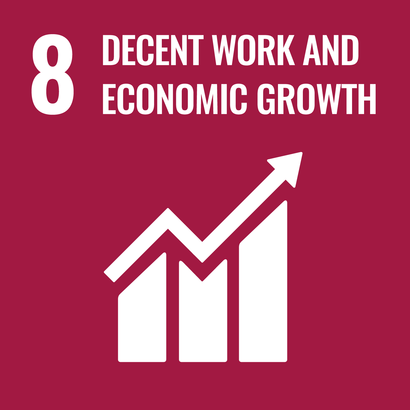
SDG 8 aims to increase economic productivity and achieve decent work and full employment for all. With our Startup Center, we support founders and assist them in turning their ideas into reality.
SDG 9 Industry, innovation and infrastructureOpen areaClose area
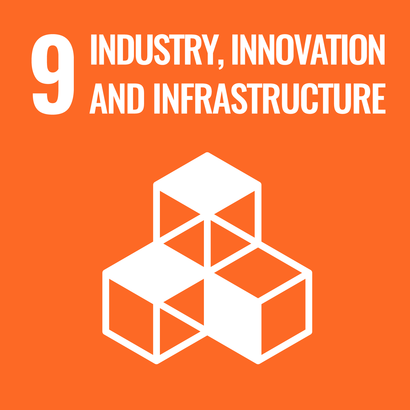
SDG 9 aims, among other things, to build high-quality and resilient infrastructure, improve research, and support innovation.
As a university, we conduct research in all our disciplines to generate new knowledge. Research and Transfer Report. We are passtionate about transferrin knowledge into practice. For this reason, we have established three branch offices in the region, which serve as consulting, information and coordination points and offer a direct access to the university in rural areas.
SDG 10 Reduced inequalitiesOpen areaClose area
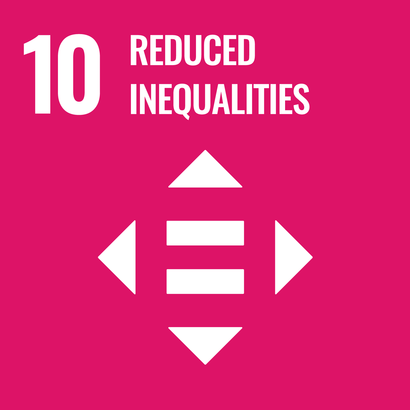
SDG 10 has, among other things, the goal of ensuring equal opportunities for all people regardless of age, gender, sexual orientation, disability, ethnicity, religion, origin or social and economic status.
At TH Wildau, our Equal Opportunity Commissioner and the Equal Opportunity Council support us in this task.
Our Welcome Center supports refugees who are interested in studying and prepares them professionally and linguistically for studying in Germany.
The International Office supports international students in their studies on site in Wildau and is equally committed to students who are planning a stay abroad or would like to acquire foreign language skills.
SDG 11 Sustainable cities and communitiesOpen areaClose area
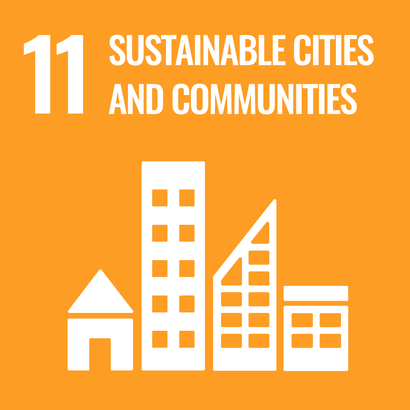
SDG 11 aims, among other things, to strengthen inclusive and sustainable urban planning and to ensure access to safe, affordable and sustainable transport systems for all. The environmental impacts of cities shall be reduced, with a particular focus on air quality.
In our degree programs in Transportation Systems Engineering (B.Sc.) and Cycling (M.Sc.), we train specialists who are able to design transportation systems in a sustainable way.
SDG 12 Responsible Consumption ans productionOpen areaClose area
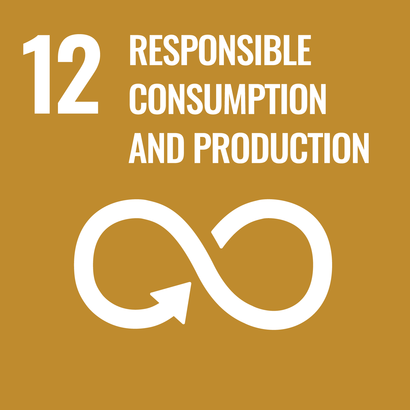
A sub-goal of SDG 12 is the efficient use of natural resources, the procurement of sustainable products, and the avoidance or recycling of waste.
Of course, we separate our waste at TH Wildau for better recycling.
We are currently working on guidelines for sustainable procurement. We are already implementing some of them. For example, we use recycled cardboard sheets instead of hollow-core sheets for advertising on street posters. Our giveaways such as gummy bears or candies are vegan and packaged in compostable materials. We make erasers out of sustainable rubber. Our printed materials, such as study guides, are printed in a climate-neutral way and, if possible, on recycled, or at least FSC-certified paper. We do not use any additional varnish here, which is only used for optical purposes.
The Studentenwerk Potsdam canteen at the Wildau site also makes a practical contribution to avoiding waste. Take-away meals can be taken out in reusable containers that can be used free of charge, or students can bring their own containers. Disposable packaging is no longer used.
SDG 13 Climate actionOpen areaClose area
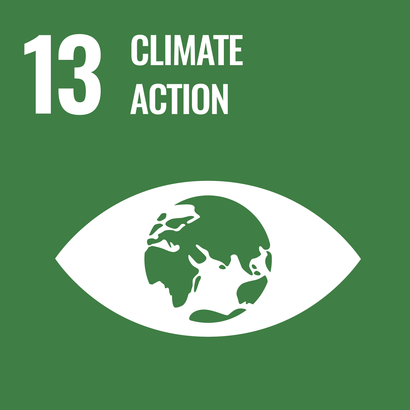
The goal of SDG 13 is to limit the global temperature increase to 1.5 degrees Celsius and to achieve global greenhouse gas neutrality by mid-century. The following are some measures that are implemented at TH Wildau:
-Partial use of self-produced solar power.
-Partial use of geothermal energy
-Automatic switching off of electrical outlets outside working hours
-Climate-neutral printing of advertising materials and brochures
-Currently: Establishment of an environmental management system
SDG 14: Life on landOpen areaClose area
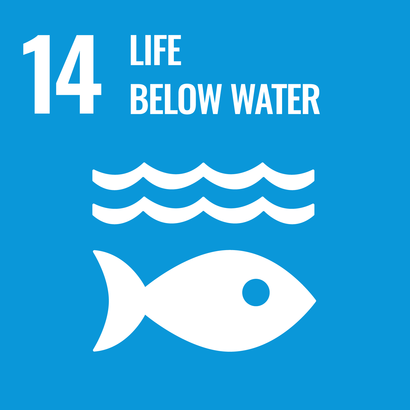
The goal of SDG 14 is to protect life below water by, among other things, reducing marine pollution, e.g. from plastic waste, and increasing scientific knowledge about the oceans and the organisms that live in them.
In recent years, research has taken place in the field of molecular biotechnology and functional genomics on various topics such as the capabilities of tardigrades (tardigrades), as well as the use of cyanobacteria.
The Studentenwerk Potsdam canteen at Wildau site also makes a practical contribution to prevent plastic waste from polluting the oceans. Take-away meals can be taken out in value-added containers that can be used free of charge, or students can bring their own containers. Disposable packaging is no longer used.
SDG 15 Life on landOpen areaClose area
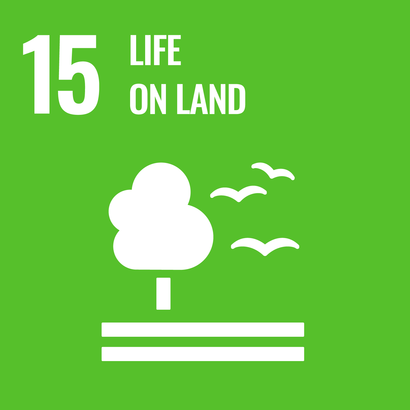
SDG 15 aims, among other things, to achieve intact terrestrial ecosystems that contribute to the preservation of natural biodiversity. In the ViNN:Lab Greenspace, the roof garden of the TH Wildau, endangered wild plants of the region are specifically protected through cultivation.
SDG 16 Peace, justice and strong institutionsOpen areaClose area
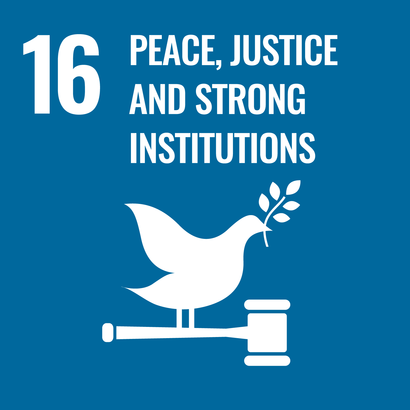
SDG 16 stands for peace, justice and strong institutions. SDG 16 aims to ensure that decision-making at all levels is demand-driven, inclusive, participatory and representative. Through their participation in committees, students and employees at TH Wildau have the opportunity to participate in democratic processes and actively contribute their opinions.
The student parliament and the student council are bodies for students of all disciplines.
The staff councils for academic employees, for non-academic employees, and the general staff council represent the interests of all employees at the TH Wildau.
SDg 17 Partnerships for the goalsOpen areaClose area
